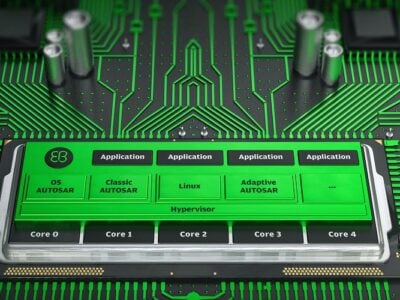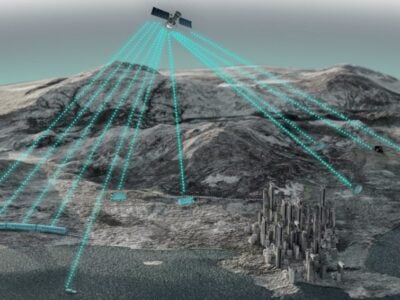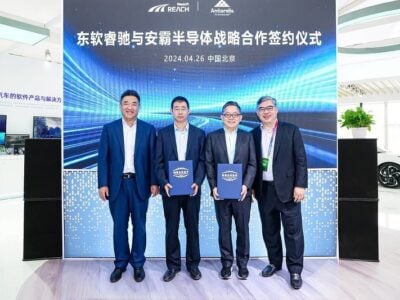
Azure adds quantum computing boost with Honeywell
Honeywell’s quantum computing service uses its System Model H1 that is based around a quantum charge-coupled device1 (QCCD) trapped-ion technology. Available through Microsoft’s Azure cloud service, this takes on Amazon’s Braket service.
A key feature is that the quantum computing system is strategically designed to be rapidly upgraded throughout its lifetime. This version, says the company, initially offers 10 fully connected qubits, a proven quantum volume of 128 (the highest measured in the industry) and unique features such as mid-circuit measurement and qubit reuse, which were made possible through the company’s heritage of precision controls expertise.
“This milestone captures our differentiated features of increased qubit counts, high fidelity gate operations, all-to-all connectivity, and long coherence times,” says Honeywell Quantum Solutions President Tony Uttley. “As we continue to improve our system, these factors will increasingly allow customers to execute more complex algorithms.”
System Model H1 is directly accessible to enterprises via a cloud application programming interface (API), as well as through Microsoft Azure Quantum, and alongside channel partners including Zapata Computing and Cambridge Quantum Computing. Access to System Model H1 is through a subscription.
“Honeywell’s aggressive quantum computing roadmap reflects our commitment to achieving commercial scale for our quantum business,” says Uttley. “Our subscription-based model provides enterprise customers with access to Honeywell’s most advanced system available. Honeywell’s unique methodology enables us to systematically and continuously ‘upgrade’ the H1 generation of systems through increased qubit count, even higher fidelities and unique feature modifications.”
The computer’s novel trapped-ion qubits can be uniformly generated with errors better understood compared with alternative qubit technologies that do not use individual atoms, says the company. These high-performance operations require deep experience across multiple disciplines, including atomic physics, optics, cryogenics, lasers, magnetics, ultra-high vacuum, and precision control systems – areas where the company has a long heritage of experience and expertise.
The company also disclosed the latest enterprise companies with access to its quantum computer, including DHL and Merck as well as a collaboration with Accenture. These companies, says the company, demonstrate the wide range of quantum computing use cases, which include pharmaceuticals and logistics as well as Honeywell’s own internal applications in its Aerospace and Performance Materials and Technologies businesses.
In addition to the announced H1 computer, the company says it has already begun integration activities for its future System Model H2 generation as well as development activities in support of its H3 generation and beyond.
Related articles:
- Honeywell to release ‘world’s most powerful’ quantum computer
- IBM unveils quantum technology roadmap
- Quantum serivice available via Amazon Web Services
Other articles on eeNews Europe
- The return of the conglomerate
- Tools enable 3nm designs on Samsung process
- Top articles in October on eeNews Europe
- Machine learning to remove space debris
 If you enjoyed this article, you will like the following ones: don't miss them by subscribing to :
eeNews on Google News
If you enjoyed this article, you will like the following ones: don't miss them by subscribing to :
eeNews on Google News



